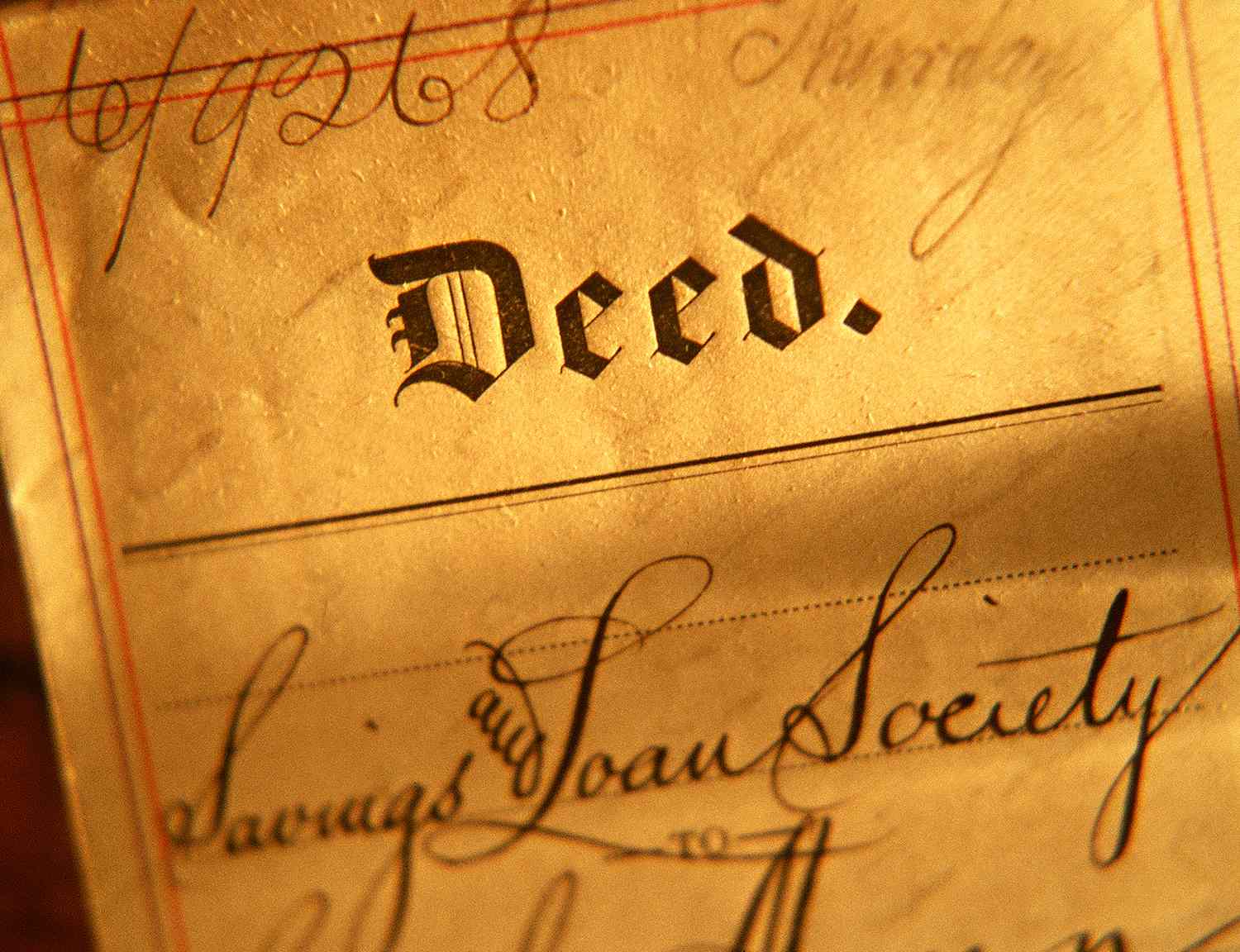
When it comes to real estate transactions, there’s a lot to learn, and one essential topic is the various types of deeds used to transfer property ownership. Don’t worry if this seems a bit overwhelming at first – we’re here to break it down for you in simple terms. In this post, we’ll walk you through the three most common types of deeds: Statutory Warranty Deeds, Bargain and Sale Deeds (including Special Warranty Deeds), and Quit Claim Deeds.
1. Statutory Warranty Deed: Your Safest Bet
Imagine the Statutory Warranty Deed as the gold standard in real estate transactions. This deed is the go-to choice because it provides the most protection to buyers. It’s like a guarantee from the seller that they have the right to sell the property and that it’s free from most issues – except for the ones they’ve listed in the deed.
This type of deed offers you, as the agent, a clear way to assure your clients that they’re getting a property with a clean title and minimal legal headaches. With warranties like quiet enjoyment and defense against claims, buyers can rest easy knowing their investment is secure.
2. Bargain and Sale Deed: Ideal for Uncertain Situations
In situations where the property’s history isn’t crystal clear – think short sales or REO sales – the Bargain and Sale Deed comes into play. This deed is like a “better safe than sorry” approach. It’s used when the seller might not know every detail about the property’s past encumbrances (issues like foreclosure or probate).
With this deed, sellers are only accountable for matters they could reasonably have known about, not issues from previous owners. Buyers still get some protection, but it’s a bit more limited compared to the Statutory Warranty Deed. Remember, this is a smart option when transparency might be lacking.
3. Quit Claim Deed: Quick Fix for Specific Needs
Let’s say you encounter a scenario where the main goal is to clear up title problems or make changes to community property. The Quit Claim Deed steps in. It’s like a fast solution that allows the grantor to pass on their rights without guaranteeing that there are no liens or encumbrances on the property.
As a real estate agent, you’ll often find Quit Claim Deeds used to smooth out issues on a property’s title without getting into lengthy legal debates. While it might not offer the highest level of buyer protection, it serves its purpose when things need to be simplified.
In Conclusion: Knowing Your Deeds Matters
Understanding these different types of deeds is crucial for any new real estate agent. It’s about tailoring your approach to your client’s needs. The Statutory Warranty Deed is the safest bet for a clean title, the Bargain and Sale Deed works well in uncertain situations, and the Quit Claim Deed is your quick fix for specific challenges.
So, next time you’re helping clients navigate the real estate landscape, you’ll be armed with the knowledge to guide them toward the right deed for their unique circumstances. Remember, making the right choice now can save everyone a lot of headaches down the road.
